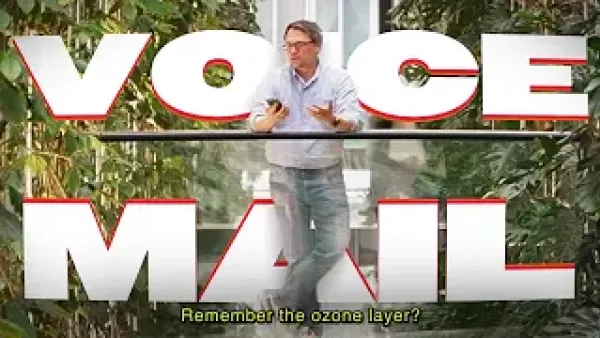Today S&D MEPs in the environment committee led a cross-party coalition to reduce greenhouse-gas emissions in the transport, agriculture and buildings sectors by 30% by 2030 compared to 2005 levels.
The European Parliament's environment committee backed the S&D proposal for a more ambitious starting point in terms of closing loopholes to make sure member states reduce their emissions and ensuring all sectors contribute to this reduction.
S&D spokesperson on the environment and shadow rapporteur Miriam Dalli MEP said:
“Today – in spite of strong opposition from the right-wing EPP and ECR Groups – we succeeded in pushing forward a very balanced report. It is a step in the right direction as it improves the Commission proposal to start actually reducing greenhouse-gas emissions from non-ETS (the EU's Emissions Trading System) sectors across the EU for the years 2021-2030. We need to make sure that EU governments take serious measures to reduce emissions in the sectors involved and meet our commitments under the Paris Agreement.
“At this point in time, it is extremely important that the EU leads by example in the fight against climate change. Member states need to strengthen their efforts to achieve our commitments on time. The Effort-Sharing Regulation has the potential to drive decarbonisation and deliver the goals of the Paris Agreement and we need to make sure that it does precisely this.
“What S&D MEPs fought to include in the report approved today is an emissions-reduction trajectory which is closer to real emissions to ensure that we do not disincentivise early action. In addition, we pushed for more regular compliance checks every two years, instead of every five years as the Commission proposed. Equally importantly, we kept the so-called 'flexibilities' under control to ensure we don't create loopholes and that action is taken in every sector, including the agricultural and forestry sector.”
Note to editors
- The Effort-Sharing Regulation is a Commission legislative proposal presented on 20 June 2016. It sets out binding annual greenhouse-gas-emission targets for EU member states for the period 2021-2030, covering sectors that do not form part of the EU Emissions Trading System (EU ETS), namely transport, buildings, agriculture and waste management, which account for 60% of total EU emissions.
- According to the 2014 EU leaders’ decision, sectors of the economy not covered by the EU ETS must reduce emissions by 30% by 2030 compared to 2005 as their contribution to the overall target.
- The proposed regulation aims at: 1) a 30% reduction in emissions from the non-ETS sectors, 2) ensuring fair and cost-effective achievement of targets, and 3) establishing clear rules for reporting and following up progress.







